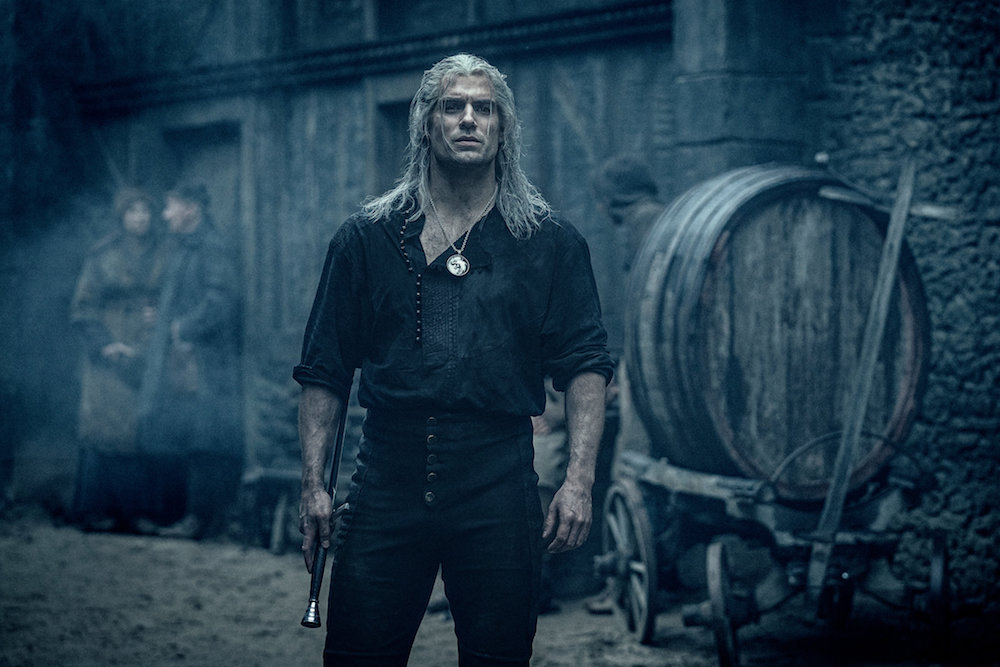One big aspect of every iteration of The Witcher is the Law of Surprise. It is a big piece to the relationship between Geralt of Rivia and Princess Cirilla. But what exactly is the Law of Surprise?
Showrunner Lauren S. Hissrich explains what exactly this is in relation to Netflix’s The Witcher in a recent behind-the-scenes podcast:

“If you save someone’s life, that person is then indebted to you. If they do not have the money to pay you at the time, they can offer you something called the Law of Surprise instead.
Basically, the Law of Surprise means that you will get the first thing that they find at their homes that they didn’t know existed. So it’s got a lot of parameters in it.”
Hissrich goes on to say that someone had their life saved by another that claimed the Law of Surprise. When the saved person arrives back home and finds a new calf or new grain crop they weren’t expecting, that would qualify as the surprise.

“What we see happen most often, and when the Law of Surprise really becomes interesting, is when a character goes home and finds that they have a child that they didn’t know they have, in this case, that their wife is pregnant and gives birth shortly after they get home.”
In the show, the Law of Surprise legitimizes Duny’s relationship with Pavetta. When Geralt also cites the Law of Surprise (Not expecting anything to come of it) Pavetta quickly gets pregnant with baby Ciri.






